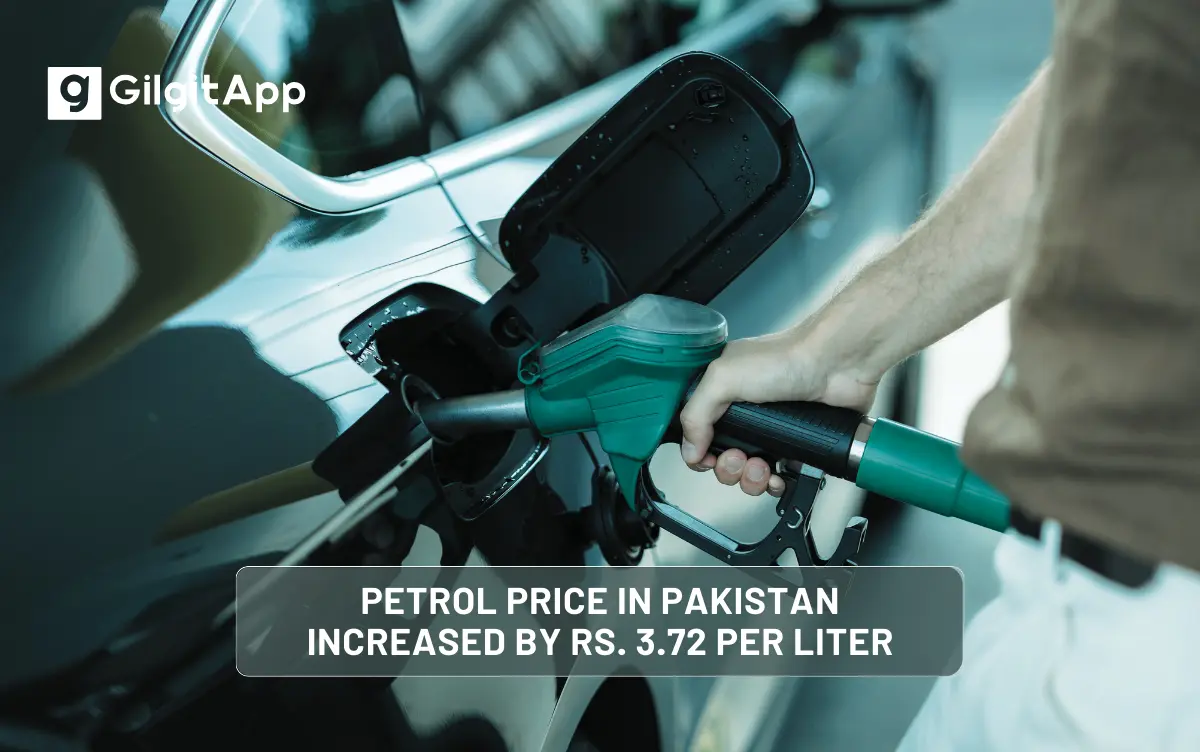Petrol Price in Pakistan Increased by Rs. 3.72 per Liter
Petrol price in Pakistan rises by Rs. 3.72 per liter, effective December 1, 2024, due to global oil price fluctuations and fiscal adjustments.

The government of Pakistan has announced a significant hike in petroleum prices, which will come into effect from December 1, 2024. The revised prices, which include an increase in the cost of both petrol and diesel, were finalized following discussions between Finance Minister Muhammad Aurangzeb and Prime Minister Shehbaz Sharif.
New Petrol and Diesel Prices
As per the announcement, the price of petrol has risen by Rs. 3.72 per liter, taking it from Rs. 248.38 to Rs. 252.10. Diesel prices have also been adjusted, increasing by Rs. 3.29 per liter, from Rs. 255.14 to Rs. 258.43.
Reasons Behind the Price Hike
The primary reason for this adjustment is the fluctuation in global crude oil prices, which directly influence domestic fuel rates. The rising cost of oil on the international market has had a significant impact on the local price revision.
Earlier Predictions on Price Increases
Before the official announcement, media outlets had predicted that petrol prices would increase by Rs. 3.15 per liter, while diesel and kerosene oil were also expected to see price hikes of Rs. 3.20 and Rs. 4 per liter, respectively. These predictions were largely based on trends in the global oil market.
IMF Proposal and Its Potential Impact
In addition to the price increase, sources earlier reported that the International Monetary Fund (IMF) had proposed the introduction of an 18% General Sales Tax (GST) on petroleum products, along with an increase in the Petroleum Development Levy (PDL) from Rs. 60 to Rs. 70 per liter. However, no official confirmation from the government has been made regarding the implementation of these proposals as of now. It is also important to note that there is currently no GST applied to fuel prices in Pakistan.
Effects on Inflation
Petrol and diesel prices in Pakistan are closely linked to inflation, as changes in fuel prices often result in increased costs for goods and services. A rise in fuel prices tends to drive up the prices of daily commodities, burdening consumers and exacerbating the inflationary pressures across the country.
The government’s decision to raise fuel prices reflects the ongoing challenges of managing the economy in the face of fluctuating global oil prices and the need to balance fiscal pressures.
Conclusion
The increase in petrol and diesel prices is a reflection of global market trends and domestic fiscal decisions. While these changes are necessary to adjust to the fluctuating crude oil prices, they inevitably impact inflation, adding financial pressure on consumers. It remains to be seen whether the IMF's proposed tax changes will further affect fuel prices, but it’s clear that any adjustments to fuel rates will have a significant ripple effect on the economy.
